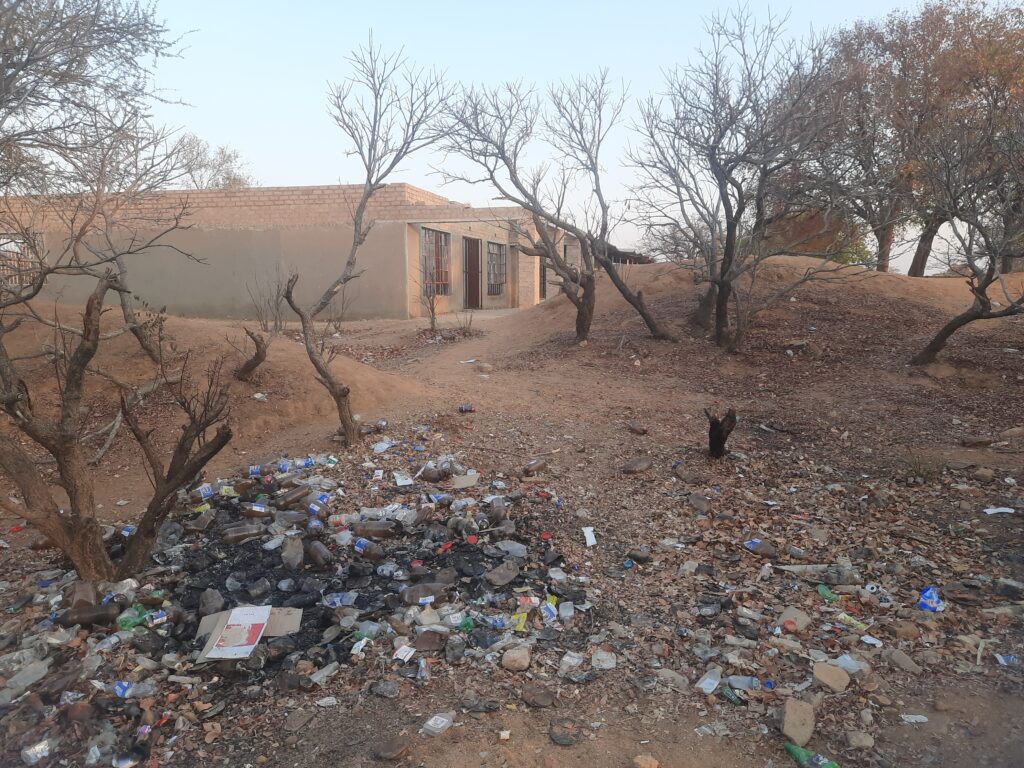Developing urban areas face the challenge of managing waste at the beginning, as it is an expensive
endeavour which requires careful and comprehensive planning and implementation.
In rural areas, it has been noted that the issue of waste management is a challenge for business centres,
where all are failing to collect and dispose of waste properly. In all these areas, waste is just disposed
haphazardly, and this waste is usually washed away to open water bodies.
Some of the innovative ways in which waste can be sorted out is through designating a dumpsite or landfill
even before any construction of a business centre has been done. This will ensure that when people start to
occupy the area, there is already a site where they can dispose waste.
It should be mandatory for all business premises and households to have litter bins, so that the waste
that they generate should be separated so that plastic, glass, and organic matter are placed in different
containers and disposed differently.
Community clean-up campaigns must be conducted at regular intervals and everyone within that area
must be involved. This will help in instilling a culture of cleanliness and proper waste management as it
will be a burden for everyone to ensure that there is no littering.
Making use of environmental committees and village and ward level environmental officers to ensure that
people adhere to the rules and regulations of the land. Improper waste management will be an offence.
Conducting education and awareness campaigns on the principles of waste recovery which include
reducing waste generation, choosing products with minimal packaging and avoid using single-use items.
People should also be taught to use items multiple times, repair, and maintenance, using reusable bags,
containers and water bottles. Plastic bags and mineral water bottles are some of the popular products that
litter the environment.
Investing in recycling is the most important waste recovery strategy as it presents a potential for waste to
become a source of income. Different methods and products have been formed from different forms of
waste, however, this requires investment and innovation.
For people to manage waste properly, they must play their role as individuals and as a community, it is
often our responsibility as a community and as individuals to know where the waste that we generate ends. @costa_cnm
